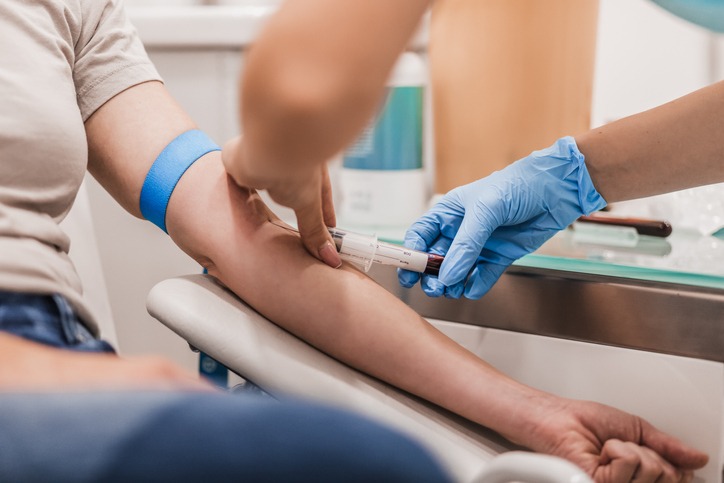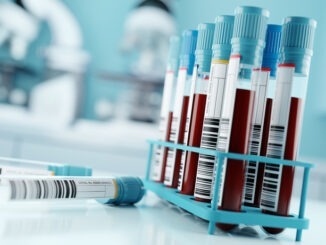
Primary care researchers have highlighted that approximately 25% of blood tests conducted in general practice may lack necessity
Their investigation revealed that nearly 50% of these tests wouldn’t result in any change in treatment plans.
An extensive review encompassing over 2,500 patients across 57 GP practices in the UK disclosed that abnormal or borderline outcomes were frequent, with only 26% of patients falling within the normal range. The study, led by the University of Bristol, divulged that merely 6% of test results yielded fresh diagnoses or confirmation of existing ones. These findings were published in the British Journal of General Practice.
Dr. Jessica Watson, a general practitioner and NIHR Clinical Lecturer in general practice, who spearheaded the research, underscored the escalation in blood testing over the last two decades. She noted that despite this surge, no one had scrutinised the underlying reasons for test orders, their implications, or who was responsible for these orders.
The ‘Why Test?’ Study, which was also presented at the Society of Academic Primary Care conference, carries implications for fostering realistic expectations among patients regarding test results. Dr. Watson emphasised that this study brings to light the most common motivations for testing in primary care: symptom investigation (43%), monitoring of pre-existing conditions (30%), tracking existing medications (10%), and revisiting prior abnormalities (7%).
The study observed that approximately 1.5% of tests were conducted due to patient requests, while half were initiated by general practitioners, showcasing the multidisciplinary nature of primary care. In this assessment, involving 57 clinicians affiliated with the Primary Care Academic CollaboraTive (PACT), it emerged that around 25% of tests were at least partially redundant.
Furthermore, nearly 49% of these tests didn’t yield changes in treatment or reassuring outcomes, and 13% necessitated subsequent or repeat blood tests. The researchers underlined the ‘cascade effect,’ wherein a test prompts further tests, imaging, appointments, and referrals, noting its potential strain on an already stretched healthcare system.
Although these findings may not astonish practicing clinicians, they have significant implications, especially considering the move to offer all patients in England access to their blood test results via the NHS App, according to Dr. Watson. The researchers highlighted the need to comprehend how patients might interpret borderline results, which occurred frequently in their analysis.
They cautioned that if patients perceive results outside the reference range, it could provoke alarm. Consequently, there is a need for enhanced communication between primary care clinicians and patients concerning blood tests. The aim is to foster a better grasp of why a test may or may not be essential and to set realistic expectations about the role of blood tests in their healthcare journey.
Dr. Watson further emphasised that many tests might not result in diagnoses or treatment alterations but could still be valuable in ruling out possibilities or providing reassurance. She advocated for better evidence to guide decisions on test necessity and urged for caution against unnecessary tests, citing the potential for heightened patient anxiety, increased GP workload, and escalated NHS costs. Enhanced evidence, she asserted, would facilitate ensuring that patients receive appropriate tests at the appropriate times.



Be the first to comment